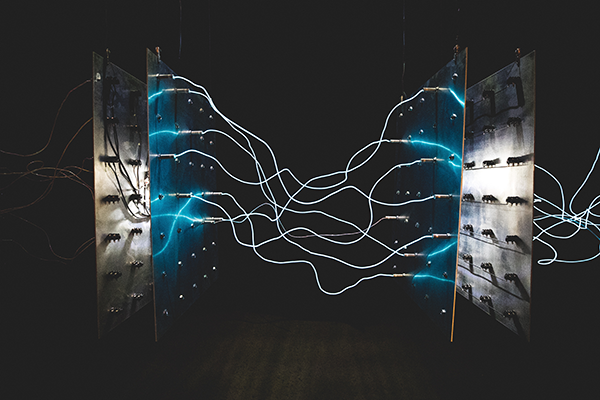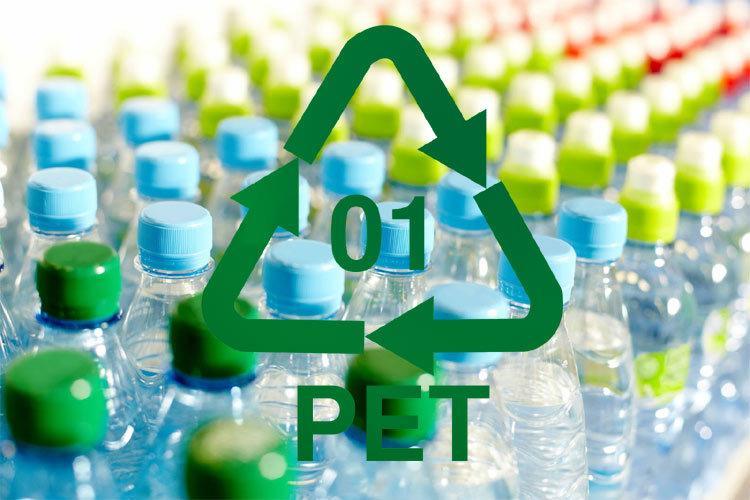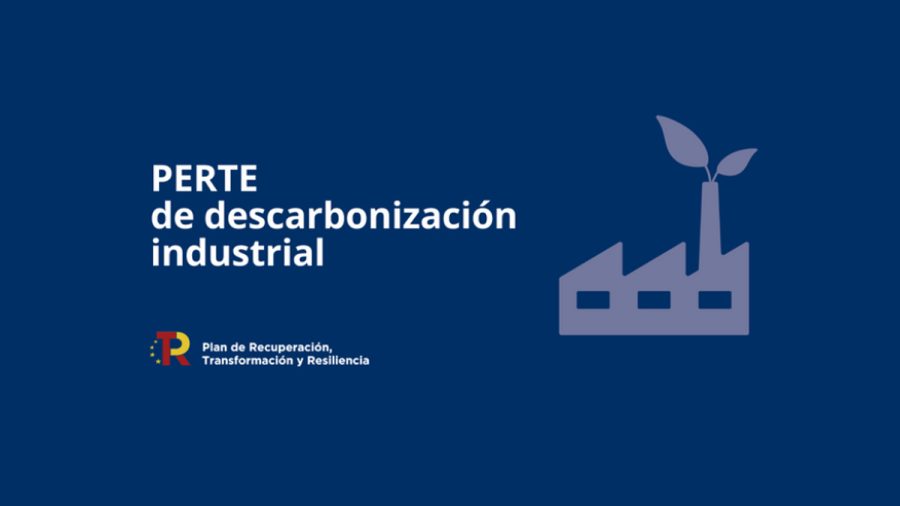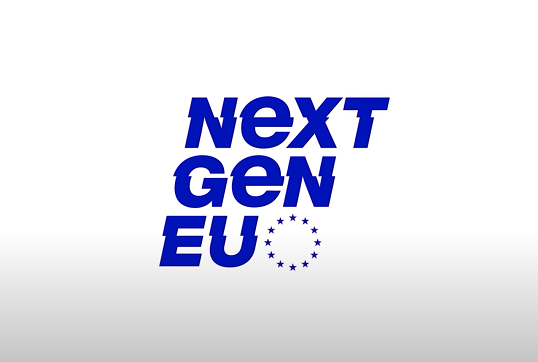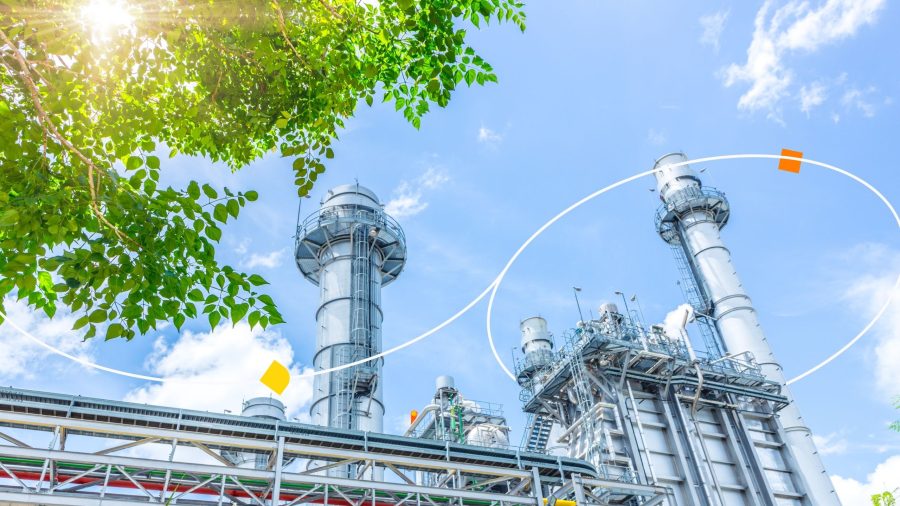According to a new report by the International Energy Agency (IEA), energy efficiency has enormous potential to boost economic growth and avoid greenhouse gas (GHG) emissions, but the global progress index s 'is slowing down, a trend that has important implications for consumers, businesses and the environment.
Global primary energy intensity, an important indicator of how much energy global economic activity uses, improved by just 1.2% in 2018, the slowest rate since the start of this decade, according to Energy Efficiency 2019 , the IEA's annual report on energy efficiency.
The rate of improvement has declined for three years in a row, currently being well below the 3% minimum that the IEA's analysis shows is critical to achieving global climate and energy goals. If the rate had reached 3% during this period, the world could have generated another $2.6 trillion of economic output, close to the size of the entire French economy, for the same amount of energy.
"Historic slowdown in energy efficiency in 2018, lowest rate of improvement since beginning of the decade, requires bold action on the part of political leaders and investors", assured Dr. Fatih Birol, executive director of the IEA. “We can improve energy efficiency by 3% per year simply by using existing technologies and profitable investments. There is no excuse for inaction: ambitious policies must be implemented to stimulate investment and put the necessary technologies to work on a global scale”.
The need for stronger action supports the work of the Global Commission for Urgent Action on Energy Efficiency that the AIE announced last July. Headed by the Irish Prime Minister, Leo Varadkar, commission members include national leaders, government ministers and senior business executives. This Commission plans to publish recommendations for the summer on how to achieve important advances in energy efficiency policy.
The slowdown in energy efficiency is also a key reason why the IEA has been the driving force behind the Three Percent Club, an initiative under which 15 countries have already signaled their commitment to help the world reach a path of annual improvements of 3% in energy intensity.
Energy Efficiency 2019 examines in detail the reasons for the recent slowdown in efficiency progress. He finds that it results from a mix of social and economic trends, combined with some specific factors such as extreme weather. At the same time, policy measures and investments are failing to keep pace with growing energy demand. In this case, new forms of policy thinking are required that go beyond traditional approaches, in particular to maximize the potential efficiency gains from the rapid diffusion of digital technologies in economies and energy systems.
The new report includes a special focus on the ways in which digitization is transforming energy efficiency and increasing its value. By multiplying the interconnections between buildings, appliances, equipment and transport systems, digitization provides gains in terms of energy efficiency that can be measured and valued quickly and accurately.
"As digitization transforms the global energy system, the IEA is committed to helping countries ensure they can maximize benefits while facing challenges," said Dr. Birol
The report notes that while digital technologies could benefit all sectors and energy end-uses, there remains some uncertainty about the scale of these benefits. According to the IEA, this issue will depend a lot on how policies are designed to respond to the enormous opportunities and emerging challenges (especially the risk of greater energy demand due to the growing use of digital devices).
The IEA's commitment to advancing energy efficiency worldwide includes sustained efforts to build greater capacity for smart policymaking in emerging economies.. Last year, the IEA trained nearly 500 policy makers from 100 countries. A notable recent example is the IEA's first week of energy efficiency talks in sub-Saharan Africa, which took place from 14 to 17 October in Pretoria, South Africa.

